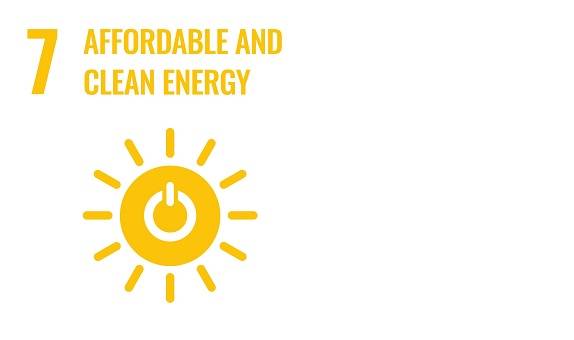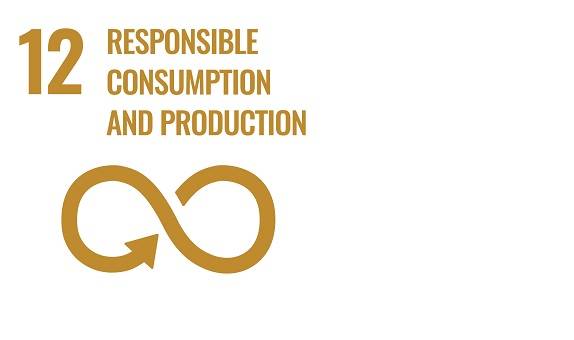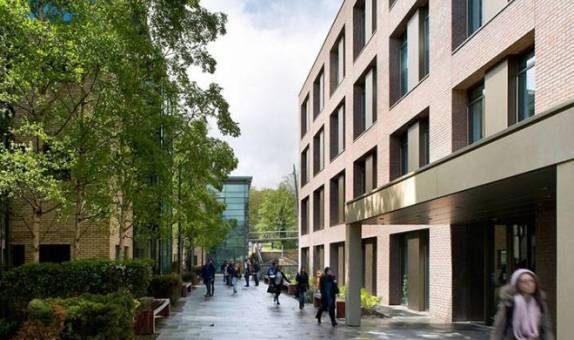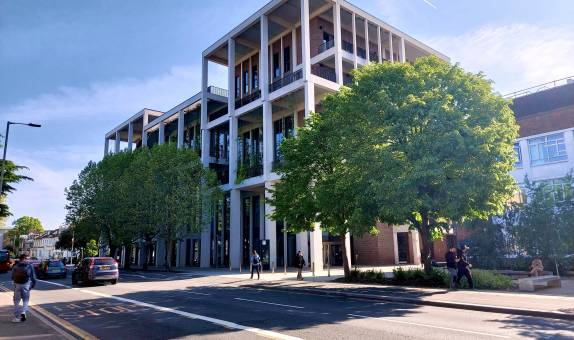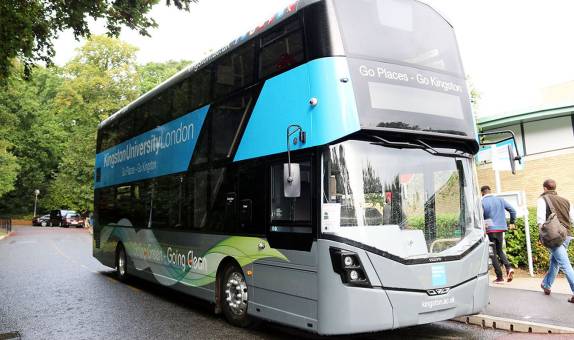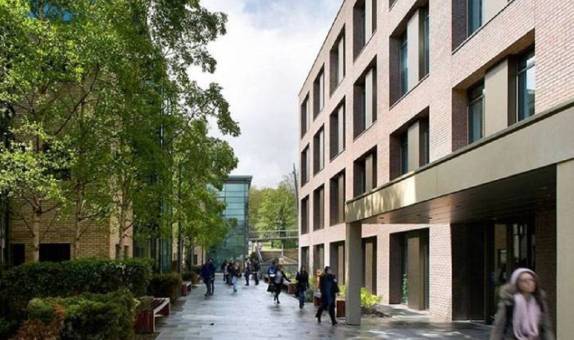Kingston University recognises that human-induced climate change is one of the world's greatest threats. Our day-to-day operations as a University cause the release of carbon emissions and other Greenhouse Gases, we have a duty to reduce these where possible.
Therefore, Kingston University has committed to an ambitious target to achieve net zero carbon emissions for Scope 1 and Scope 2 by the end of the academic year 2038/2039 and Scope 3 carbon emissions by 2050/2051. The University is working hard to reduce its emissions associated with all of its operations through a variety of methods, from the procurement of renewable energy, installing energy efficiency technology, improving the control and use of building systems and utilising low and zero-carbon technologies.
To date, Kingston University has reduced its operational Scope 1 and Scope 2 greenhouse gas emissions by 68% from a pre-established 2005/6 baseline.
The University remains committed to continuing this downward trend in operational CO2 emissions by ensuring energy and carbon management is underpinned throughout all operations of the university, capital developments programmes and planned maintenance activities.
The University maintains an annual Carbon Management budget, which is dedicated to the continuous investment of energy efficiency measures across the Kingston University Estate.
Decarbonisation of heat is a key challenge to overcome in order to successfully achieve net-zero Scope 1 and Scope 2 emissions. Currently, across the estate, natural gas is used for heating and hot water generation resulting in the direct release of CO2 emissions.
Therefore, the University has developed a detailed Heat Decarbonisation Plan (HDP) for each campus, following the successful grant application via the Low Carbon Skills Fund. The HDPs present a systematic approach to phase out reliance fossil fuels for heating and hot water by 2038/39.
The day-to-day operations of Kingston University create a significant demand for energy. When procuring energy, the University must ensure that cost, consumption and carbon are continually reviewed during the procurement process. Kingston University is a proud member of not-for-profit public buying organisation The Energy Consortium (TEC).
When procuring energy, the University actively explores methods to procure energy from low or zero carbon sources whilst ensuring value for money and cost certainty. In October 2019, the University joined a pioneering renewable energy contract with 19 other universities. The contract supplies the University >4111MW 100% renewable energy from UK wind farms per year; this is the equivalent to 35% of demand. The PPA is backed with REGO certification.
The University's Energy Policy is updated every two years and provides clear objectives to ensure that the University continues to reduce its emissions associated to operations. All staff, students, consultants and contractors are expected to collaborate to help deliver energy reduction and efficiencies.




